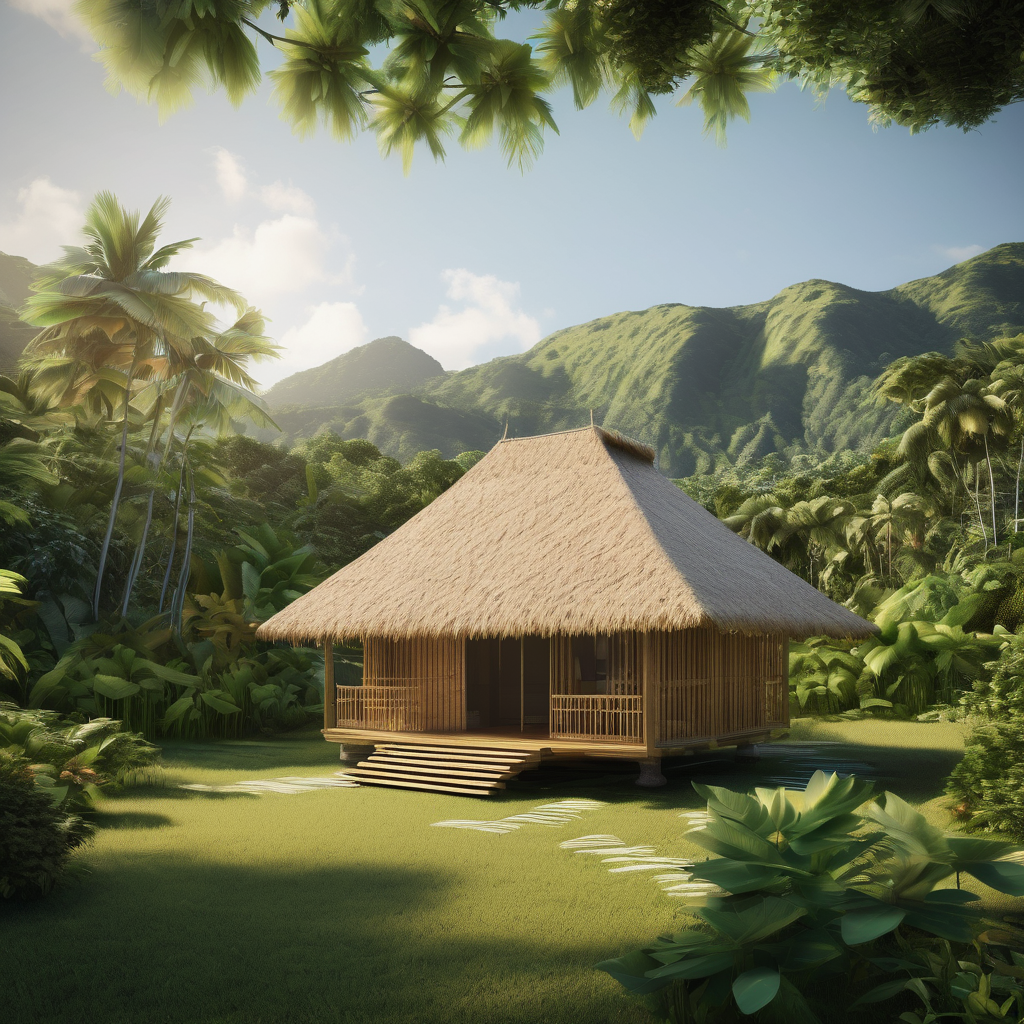Bamboo is gaining recognition as a viable and sustainable building material in Fiji, despite its traditional perception as a resource for low-cost construction. Jon Orton, president and director of the Construction Industry Council, advocates for its use, highlighting its resilience against cyclones and earthquakes. He points out that constructing homes with bamboo can be approximately 20 to 25 percent cheaper than using concrete blocks, making it an appealing option for affordable housing.
Orton shared insights during the EXTRA Fiji Architecture Conference and Trade Exhibition held in Denarau, Nadi, on November 14-15. He emphasized collaborative efforts involving the government architect, the Global Green Growth Institute (GGGI), and various stakeholders in establishing standards for bamboo construction. These standards will eventually be recommended as an appendix to the National Building Code, contingent upon receiving engineering approval.
During discussions on the conspicuous housing crisis in Fiji, it was revealed that current construction costs for low-cost housing average around $1,300 per square meter. Conversely, utilizing bamboo along with precast cement panels could bring costs down to approximately $700 to $800 per square meter. This stark difference presents a significant opportunity for enhancing housing affordability, tailorable to both low-cost and high-end markets.
The momentum surrounding bamboo construction has garnered support from multiple fronts. The Fiji Bamboo Association notes the abundance of underutilized local bamboo resources, positing that developing this industry could foster job creation alongside stronger, more resilient buildings.
In a broader context, the Fiji Bamboo Project embodies a concerted effort to harness the benefits of bamboo for construction. Backed by funding from New Zealand and Ireland, the initiative is designed to facilitate sustainable production and utilization of bamboo, responding to the pressing need for resilient and affordable housing while minimizing environmental impacts.
There is optimism surrounding the potential for bamboo construction to not only improve living standards but also to empower marginalized groups through job creation and skills development, ultimately contributing to a more sustainable future for Fiji. As these initiatives progress, the inclusion of bamboo in the building landscape could signify a transformative approach to construction that aligns with both economic and environmental sustainability goals.
